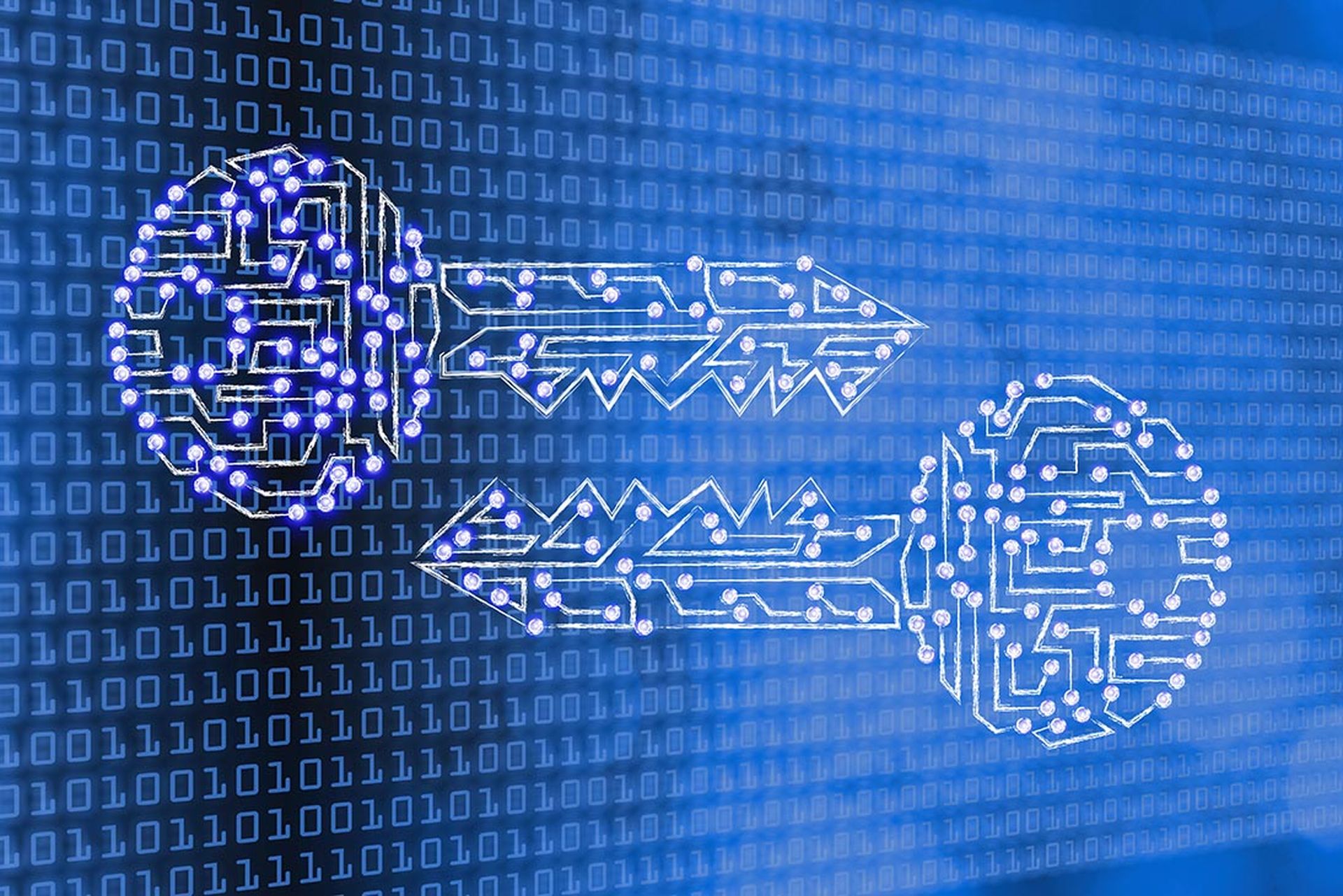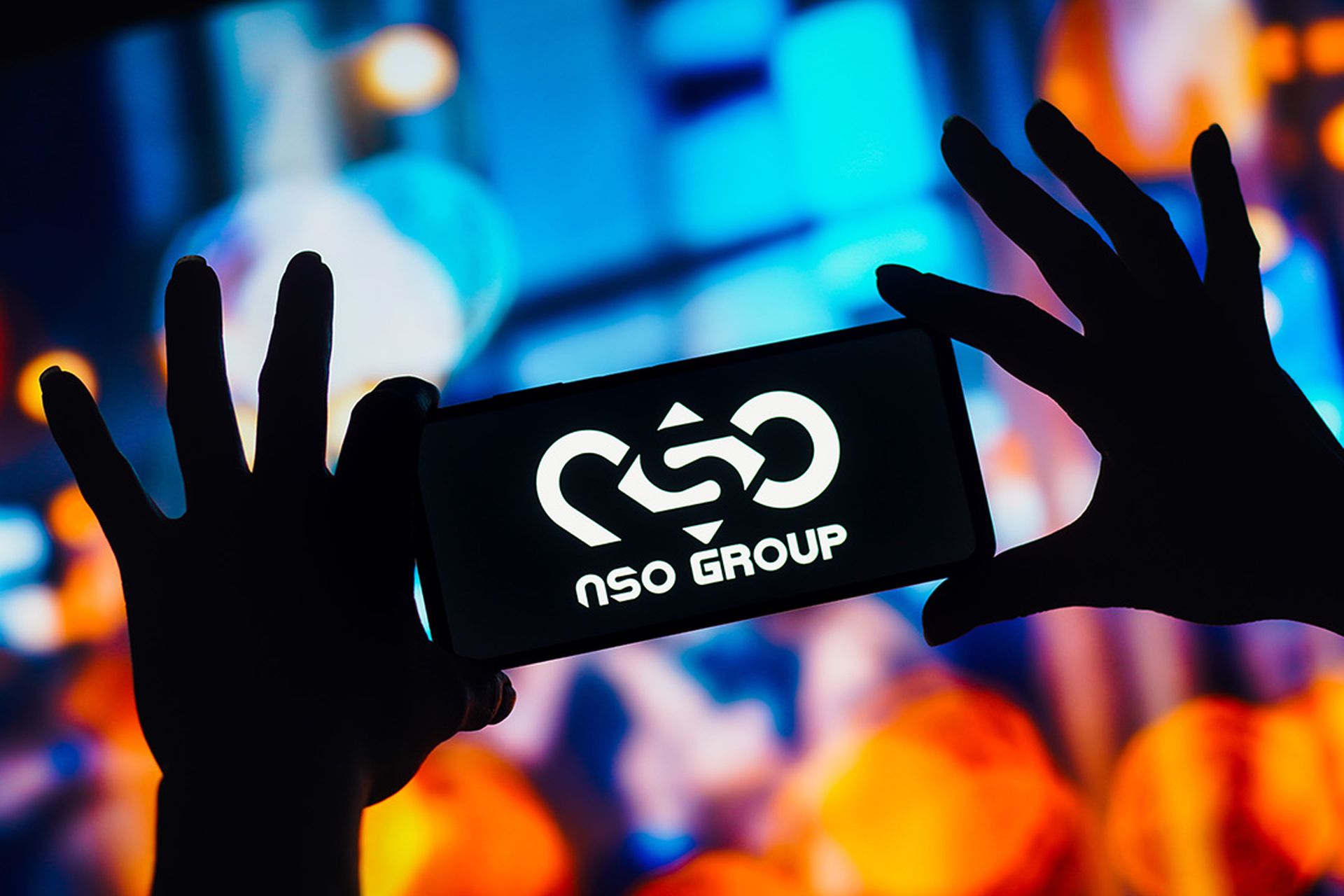How do you describe your job to average people?
My main responsibilities are computer forensics and litigation support. On the forensic side, I assist our investigators by collecting electronic data from hard drives, servers and email to find evidence they can use in their investigation. On the litigation side, I am responsible for collecting electronically stored information (ESI) for individuals involved in lawsuits. This is done by collecting the ESI from hard drives, servers and email, and processing the data so our legal team can review and produce the relevant files.
Why did you get into IT security?
With a bachelor's degree in criminal justice, my background is in investigations and physical security, but I've always had a passion for computers, so I wanted to find a way to integrate both. I went back to school for my master's in computer science and while in school began searching for a career that I would enjoy and be able to integrate with my knowledge and experience. Once I found out about computer forensics, I knew that was the field I wanted to go into after I graduated. I was fortunate enough to find a forensic position immediately after graduation.
What was one of your biggest challenges?
One of the biggest challenges that I'm constantly faced with is the new technologies that are introduced on a daily basis. As a computer investigator, I need to stay ahead and be knowledgeable of what is coming out.
What keeps you up at night?
Unlike other fields, computer forensics/litigation support is a new and evolving field. Every day, I spend an hour or more reading blogs and forums to familiarize myself with the new advancements in computer hardware and software. I also stay abreast of recent court opinions and case studies to see how the legal side of computer forensics/litigation support is progressing.
Of what are you most proud?
I would say my certifications. And the experiences that I've had with the companies I've worked for and the people I've met.
For what would you use a magic IT security wand?
I would use it to keep my company and our associates secure from the outside world and the threats that are out there.
My main responsibilities are computer forensics and litigation support. On the forensic side, I assist our investigators by collecting electronic data from hard drives, servers and email to find evidence they can use in their investigation. On the litigation side, I am responsible for collecting electronically stored information (ESI) for individuals involved in lawsuits. This is done by collecting the ESI from hard drives, servers and email, and processing the data so our legal team can review and produce the relevant files.
Why did you get into IT security?
With a bachelor's degree in criminal justice, my background is in investigations and physical security, but I've always had a passion for computers, so I wanted to find a way to integrate both. I went back to school for my master's in computer science and while in school began searching for a career that I would enjoy and be able to integrate with my knowledge and experience. Once I found out about computer forensics, I knew that was the field I wanted to go into after I graduated. I was fortunate enough to find a forensic position immediately after graduation.
What was one of your biggest challenges?
One of the biggest challenges that I'm constantly faced with is the new technologies that are introduced on a daily basis. As a computer investigator, I need to stay ahead and be knowledgeable of what is coming out.
What keeps you up at night?
Unlike other fields, computer forensics/litigation support is a new and evolving field. Every day, I spend an hour or more reading blogs and forums to familiarize myself with the new advancements in computer hardware and software. I also stay abreast of recent court opinions and case studies to see how the legal side of computer forensics/litigation support is progressing.
Of what are you most proud?
I would say my certifications. And the experiences that I've had with the companies I've worked for and the people I've met.
For what would you use a magic IT security wand?
I would use it to keep my company and our associates secure from the outside world and the threats that are out there.



